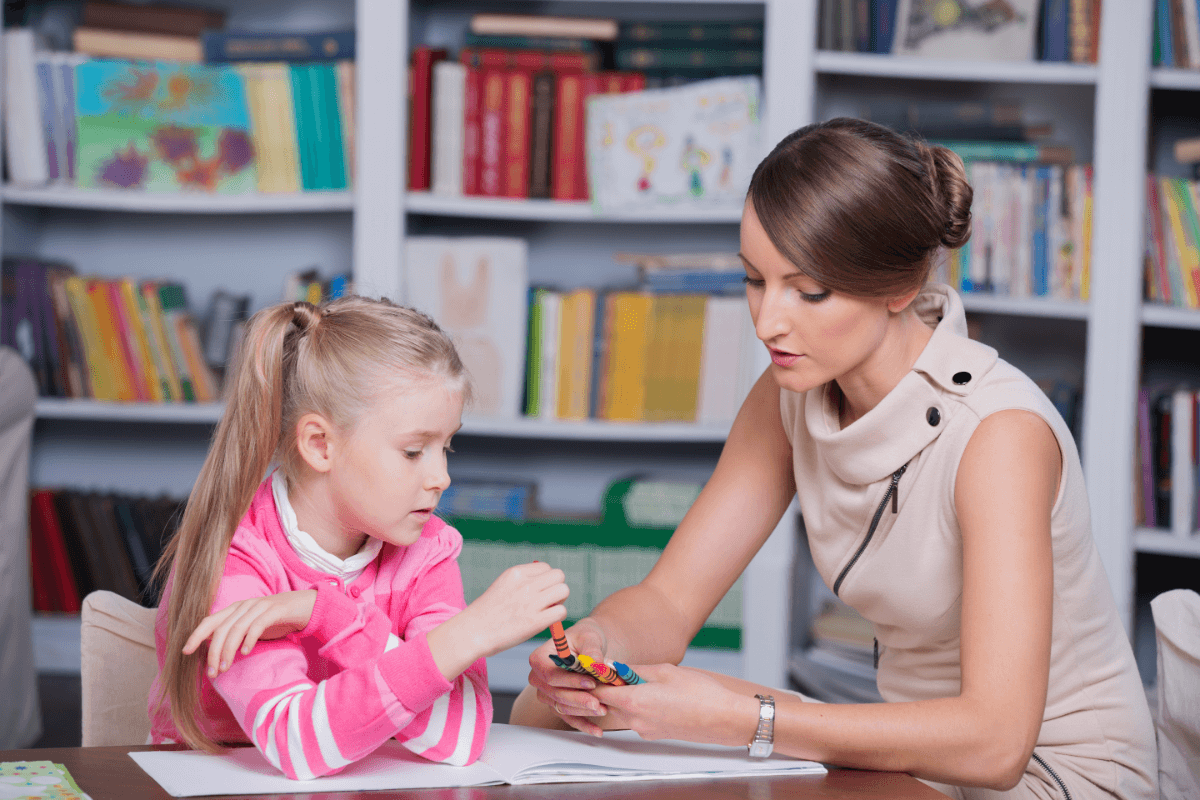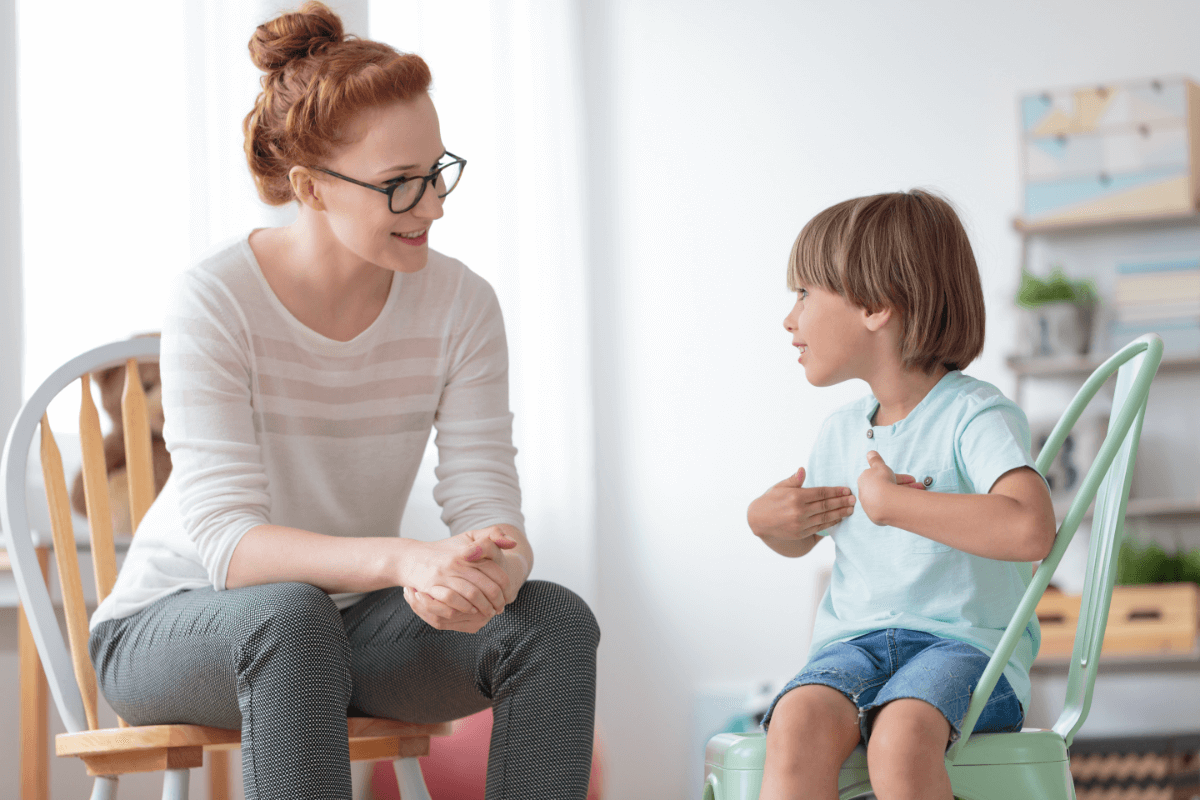Future Gateways Counselling Service
Our counsellor is a qualified Psychodynamic Child and Adolescent, BACP registered counsellor who works one to one with primary and secondary students. Each student will receive sessions that are individual to their needs in a confidential safe environment.
What is Counselling?
Counselling provides an opportunity for young people to talk, in confidence, about things that are worrying them or affecting their day to day life. What children choose to talk about is completely up to them, but common issues are bullying, parental separation, stress, friendships, change, bereavement, distressing traumatic events, sexualised behaviour and anger.
Good mental and emotional wellbeing is an integral part of children and young people’s holistic development. When this development is inhibited, counselling can be an effective and important resource. The aims of counselling are to assist the child or young person to achieve a greater understanding of themselves and their relationship to their world, to create a greater awareness and utilisation of their personal resources, to build their resilience, and to support their ability to address problems and pursue meaningful goals.

What is Counselling?
Counselling provides an opportunity for young people to talk, in confidence, about things that are worrying them or affecting their day to day life. What children choose to talk about is completely up to them, but common issues are bullying, parental separation, stress, friendships, change, bereavement, distressing traumatic events, sexualised behaviour and anger.
Good mental and emotional wellbeing is an integral part of children and young people’s holistic development. When this development is inhibited, counselling can be an effective and important resource. The aims of counselling are to assist the child or young person to achieve a greater understanding of themselves and their relationship to their world, to create a greater awareness and utilisation of their personal resources, to build their resilience, and to support their ability to address problems and pursue meaningful goals.
What does a Counsellor do?
Counsellors are trained to listen without judging and to help young people sort out their thoughts and feelings. For younger children a therapeutic approach encourages children to express themselves in non-verbal ways, for example through artwork or play.
Counselling is viewed as an accessible service, increasing the range of options available to children and young people who need to talk to a professional about issues in their lives.

What does a Counsellor do?
Counsellors are trained to listen without judging and to help young people sort out their thoughts and feelings. For younger children a therapeutic approach encourages children to express themselves in non-verbal ways, for example through artwork or play.
Counselling is viewed as an accessible service, increasing the range of options available to children and young people who need to talk to a professional about issues in their lives.
Why have a Counsellor in school?
A school-based service brings counselling to children in a place that is familiar, safe and secure. By providing emotional support and enabling children to ‘off load’ feelings and anxieties counselling can help a child to concentrate more in class, feel better about themselves and build their self-confidence.

Why have a Counsellor in school?
A school-based service brings counselling to children in a place that is familiar, safe and secure. By providing emotional support and enabling children to ‘off load’ feelings and anxieties counselling can help a child to concentrate more in class, feel better about themselves and build their self-confidence.
Is it Confidential?
Counselling is a time when children need to feel able to talk about concerns without fear of them being discussed elsewhere. Confidentiality is crucial for establishing trust and for enabling a young person to speak openly and freely about what is concerning them. However, if during a session a pupil appears to be at risk of significant harm to themselves or others it is the counsellor’s duty to pass this information to the Designated Safeguarding Lead.
All counsellors receive supervision of their work with young people, to ensure the quality of their practice and this is confidential.
